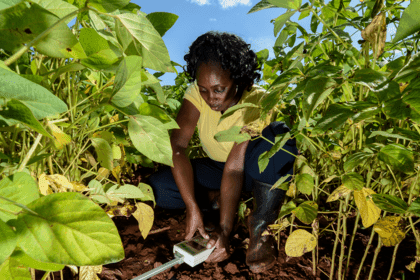Involving communities
When research is led from and done within affected communities, the resulting insights have a head start towards being implemented and impactful in the real world. That’s because working with communities means research is directly informed by people’s needs, and the outputs are more trusted and accessible.
What we do
- Prioritise the perspectives of communities most affected by health challenges to inform what we do and how we do it.
- Support research that gives affected communities central importance from the outset.
- Provide researchers with the tools and skills they need to engage with communities.
Advocating for change
We want the research we support to go forward and have an impact in the real world. To make this happen, action is often needed from decision makers – the people who can affect the wider circumstances of the most affected communities or address inequalities in global health systems.
What we do
- Work with decision makers to advocate for and support the development of evidence-informed policies and practices that prioritise unmet needs and enable everyone to have equitable access to health solutions.
Being an inclusive workplace
As equity is central to delivering our mission, it is essential that we continue working to build and maintain a workplace culture where people from all backgrounds feel seen, heard and valued, and supported to thrive. We must have equity on the inside to catalyse equity elsewhere.
What we do
- Invest in the confidence, skills and capabilities of staff to drive equity, for example, addressing systemic bias in the workplace.
- Build on existing work and raise leaders' confidence and skills to drive an inclusive culture where everyone feels they belong and can be their best selves.
- Engage in deep learning and critical reflection on equity and power.
- Share evidence supporting our practices and our decisions to be equitable and inclusive.
Our Equity team works to support, inform and enable staff across everything we do, sharing expertise and evidence.










